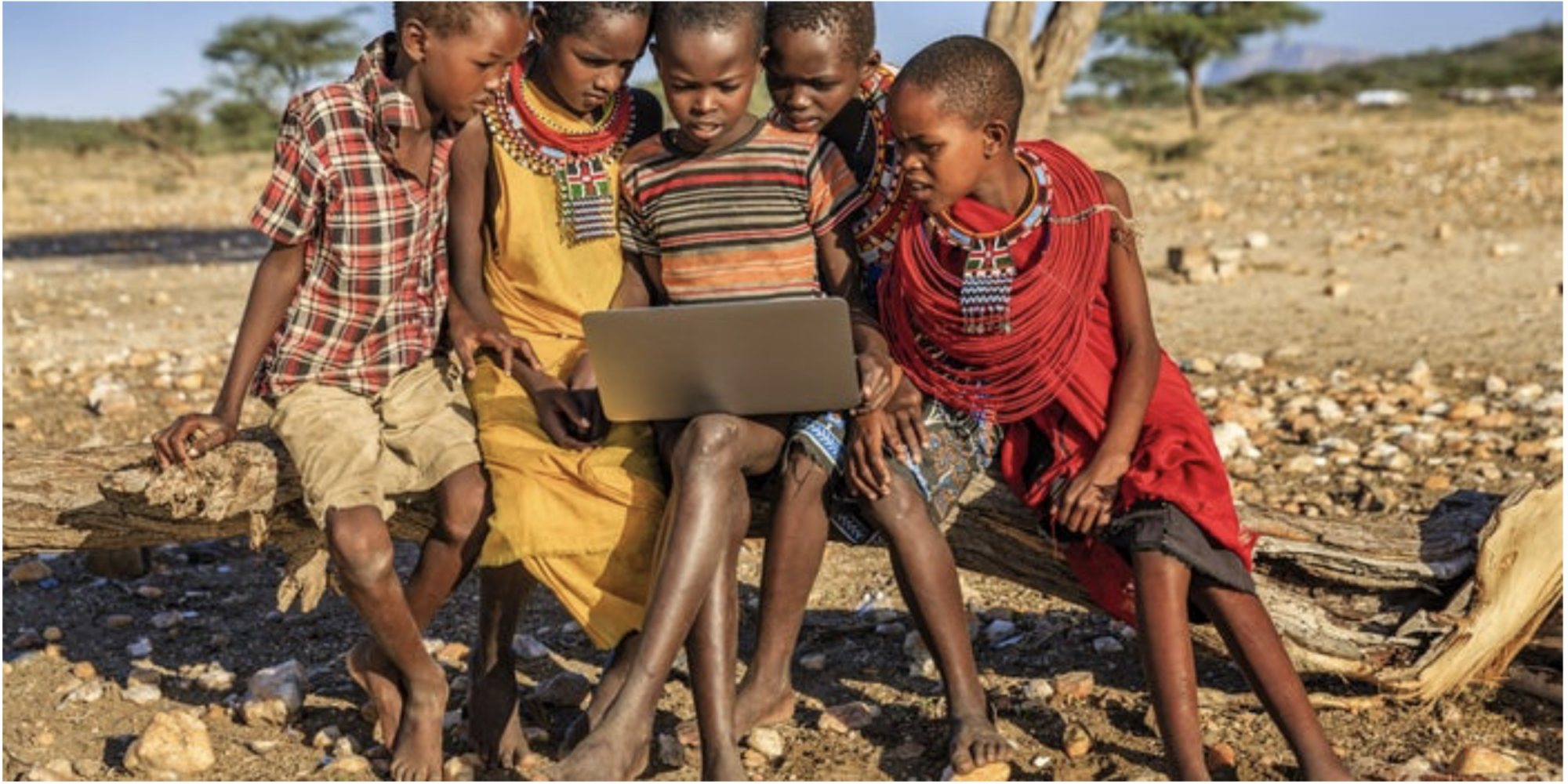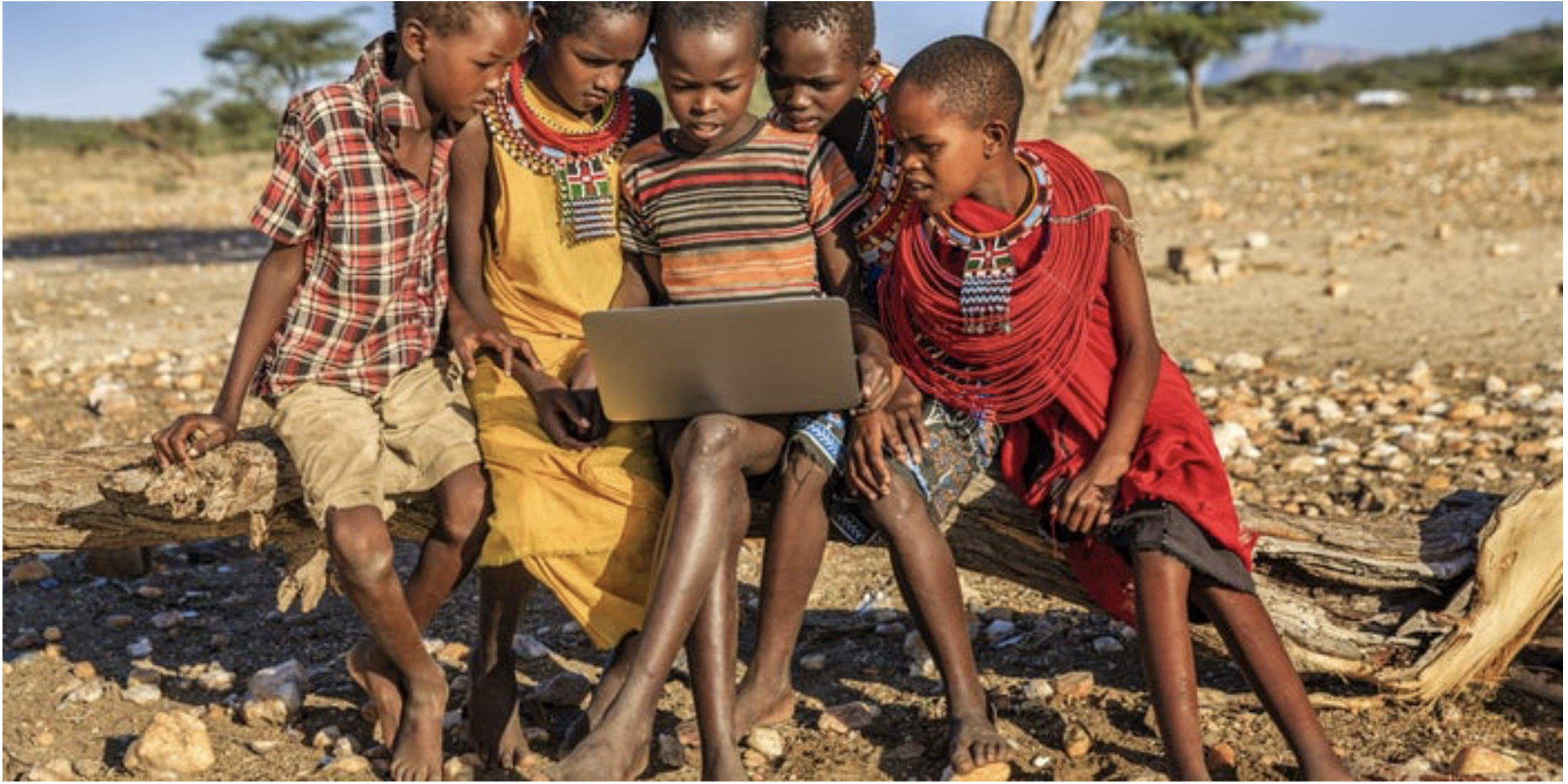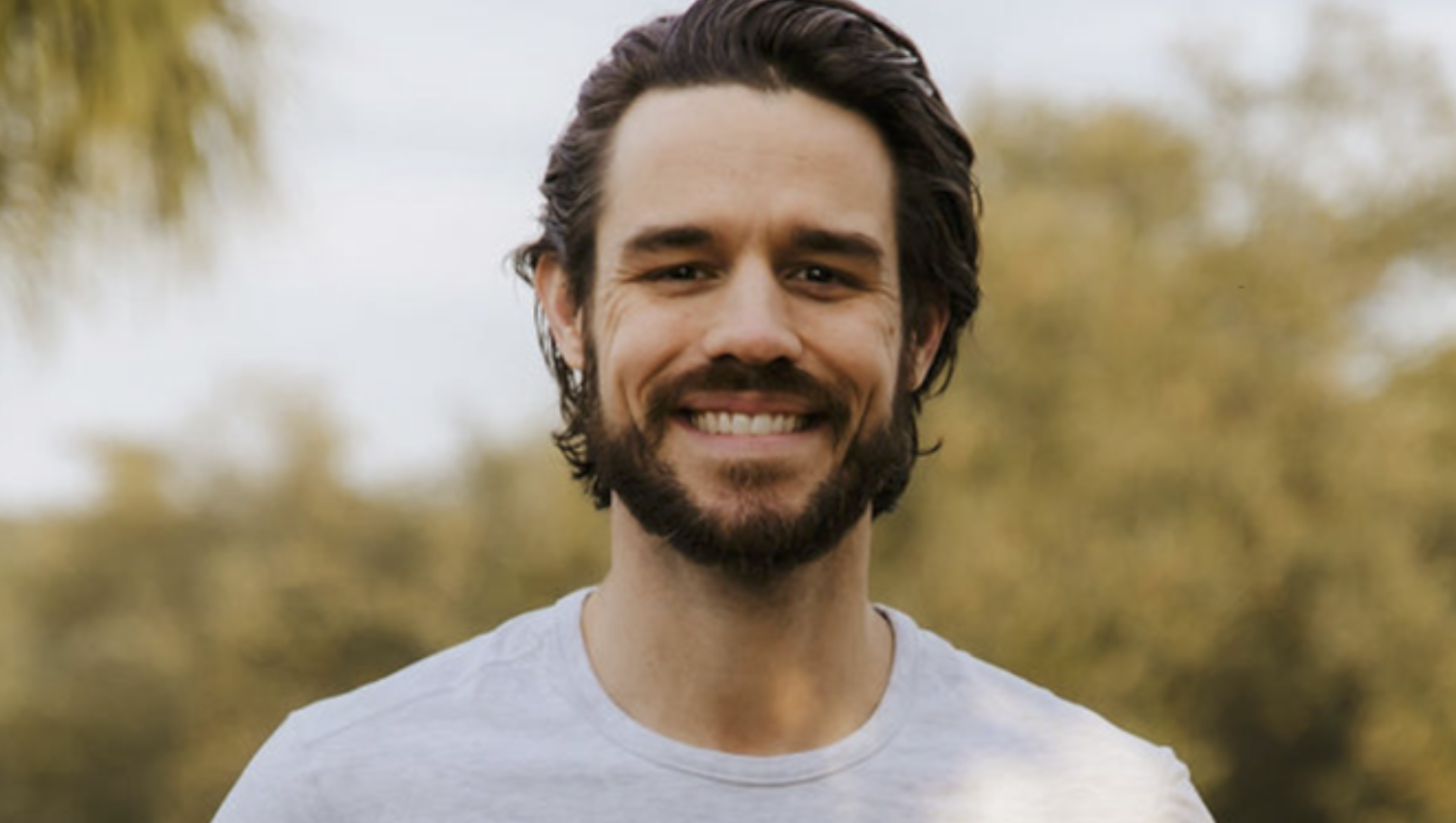Learn how the UAE is encouraging entrepreneurs to tackle global challenges.

Can entrepreneurship disrupt the many social and environmental challenges faced around the world? Organizers of the Mohammed bin Rashid Initiative for Global Prosperity believe so. They’ve created the Global Maker Challenge, an online open-innovation platform that offers an opportunity for makers and innovators to connect and collaborate, wherever they are in the world, to solve real-world problems affecting peoples lives. This initiative is a program under the Global Manufacturing and Industrialization Summit (GMIS).
Badr Al-Olama, head of the organizing committee for GMIS and also board member at the UAE Space Agency, said that the UAE is in a unique position to form business relationships. “This part of the world has been at the crossroads of east and west,” he said. “What ends up happening is that you start developing trade lines, and when you develop trade lines you develop a business mind. When you develop a business mind, all of a sudden you become an entrepreneur. By the time you become an entrepreneur you’ve developed these relationships all around the world.”
I recently attended the Global Maker Challenge in Dubai and had the opportunity to chat with some of the finalists about their innovative endeavors.
World Food Programme: End hunger by 2030
Amid conflict and natural disasters, it will take bold ideas to end hunger by 2030. To identify and nurture ideas into global solutions, WFP’s Innovation Acceleratorsupports internal innovations and external startups.
Based in Munich, the Accelerator provides funding for innovations and startups. It is a creative, collaborative environment that invites experts, businesses, nonprofits, civil society and WFP staff to tackle humanitarian and development challenges together. Forty-eight projects have been supported to date. Eight of these are being scaled up globally and could help more than a million of the world’s most vulnerable people by year-end.
When asked about the vision for the accelerator, Manuel Jose Ossa Hurtado, operations lead at WFP, stated, “Our ideal scenario is that we get unemployed by 2030 because there will no longer be people suffering from hunger and micronutrient deficiency. We envision an exponential reduction in food insecurity and a much more effective and efficient response to emergencies such as conflicts and natural disasters, that are massive drivers of food insecurity. The complexity is that this is a system’s problem, so one intervention here and another one there won’t be enough. The solution requires a systems approach, which is why we as Innovation Accelerator not only focus on SDG 2 but we also enable other organizations in the humanitarian sector to leverage innovation, technology and the entrepreneurial mindset so they become more effective in what they do. In this sense, our legacy probably will be a high-impact one where we as Innovation Accelerator will be able to directly or indirectly get 100 million people sustainably out of hunger by 2030.”
Edrakk: Expand the reach of education
About 4.23 percent of people in the world speak Arabic, but less than 3 percent of all digital content is available in Arabic. Edraak was launched to bridge this gap, specifically, for educational content.
Edraak is a massive open online course (MOOC) platform that is an initiative of the Queen Rania Foundation (QRF). QRF is determined to ensure that the Arab world is at the forefront of educational innovation. As such, QRF has capitalized on regional Arab talent to leverage technology developed by the Harvard-MIT consortium, edX, to create the first non-profit Arabic MOOC platform.
Shireen Yacoub, CEO of Edraak, recently said that “the platform reaches more than 2.2 million learners today including disadvantaged youth in conflict areas. Edraak harnesses the power of technology to offer progressive learning opportunities that are relevant and engaging. We also enrich Arabic content online through creating authentic open educational resources in Arabic for our continuous learning and K-12 programs. We aim to revolutionize access and delivery of education in the Arab world in order to enable Arab societies to seize their potential and empower Arab youth to access better life opportunities.”
poa! internet: Enriching lives through connectivity
Unreliable internet connections can have costly repercussions to businesses: any amount of unplanned downtime can bring productivity and communications to a complete stop. Poa! internet’s mission is to bring unlimited business internet for low-income business communities.
Dirk-Jan (DJ) Koeman, chief business development officer at pao! internet, explained, “We connect the unconnected, creating a level playing field where marginalized communities have the same digital access as any other person.”
Andy Halsall, CEO of poa! internet, provided additional input: “Our entire purpose in developing super low-cost internet services in areas such as Kibera, Kawangware and Kiambu, has been to stimulate Kenya’s low-income and rural communities, with easily accessible broadband access, and it has become increasingly apparent that that requires that we serve local micro business entrepreneurs as well as regular consumers. These businesses need the lowest cost possible to access unlimited internet so they can really develop the opportunities that being online brings.”
When asked about the legacy he would like poa! to leave behind, Koeman said, “To give access to education, information and entertainment to people, irrespective of their location or depth of their pocket.”
This article was written by Terry Rice, and originally appeared on Entrpreneur.com




